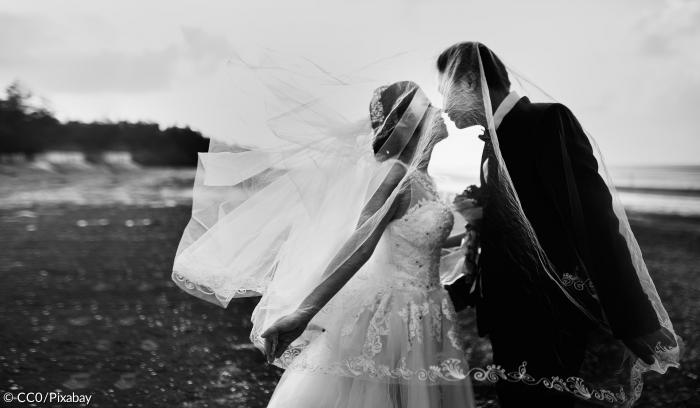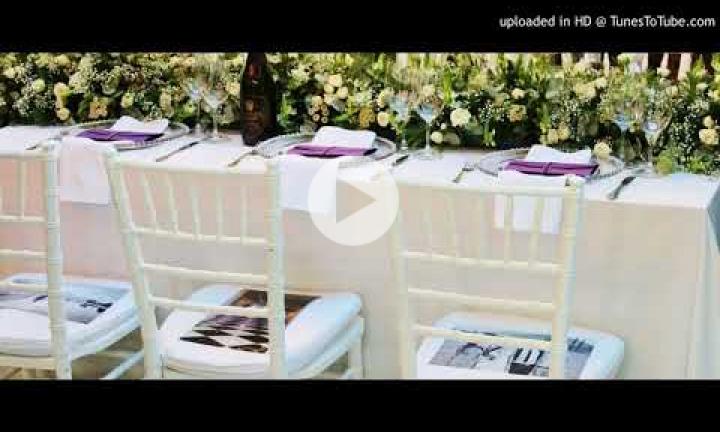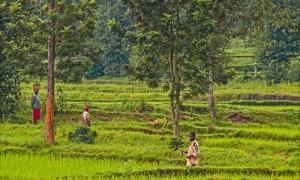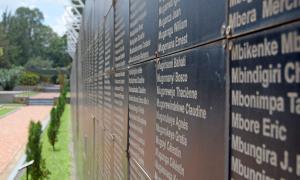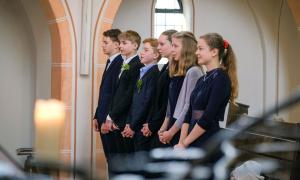Let us talk a little bit about marriage in Tanzania. Like many other countries in the world LOVE is the leading way to a lasting relationship or even get married.
According to the law of marriage act of 1971 of the Constitution of the United Republic of Tanzania, Marriage means the voluntary union of a man and a woman, intended to last for their joint lives. This is the act that regulates the law relating to marriage, personal and property rights as between husband and wife, separation, divorce and other matrimonial reliefs and other related matters.
The rules of marriage in Tanzania are general to all kinds of marriages. They have to follow the same procedures. The Tanzania constitution recognizes TWO kinds of marriage which are monogamous (for one wife only) and polygamous (more than one wife). The law also allows the couples to get married at the age of 18 but
the girl can be married at 15 years old and a boy 16 years old under the supervision of the parents.
Within these two kinds of marriages i.e. monogamy and polygamy there comes the forms in which the marriages will be contracted. There are three forms:
- The first one is religious. This one is done in accordance with the specific religious rules - either Christian or Muslim. It has to fulfill the marriage laws with the real wish of getting marriage and in an open area with a legalized person.
- The second form is the civil one where the two parties belong to different religions. For example, the husband is a Muslim and the wife is a Christian. This marriage may be contracted in civil form in the presence of the district registrar in his office or in such other place as may have been authorized by license issued by the government. In Tanzania the District Commissioner is the Marriage registrar.
- The third form is the traditional marriage. This traditional marriage can be done when one expected married or both follow the tradition and custom rules of a certain tribe in Tanzania and should be supervised by the officer from the Subdivision area. This is important because he is the one who is representing the registrar.
All three forms of marriages should have two witnesses, one for each, bride and bridegroom. These are legal procedures that should be taken to consideration for any Tanzanian who wants to get married. However, the country is neither Christian, nor Muslim but the citizens have their own religion.
In general marriage in Tanzania is regarded as blessing from God and is taken as community or social celebration.
For this sake, all relatives of the bride and bridegroom are expected to participate fully in celebration and financial contributions. This means that any close friend of the two who will be interested to witness the wedding ceremony has to contribute a certain amount of money. For example, one couple has to give out 50.000 to 100.000 Tanzanian shilling, approximately 18 to 35 Euros. For a single person it is half of it. However, one is not limited to contribute more, depending on the closeness of the relationship of the husband and wife to be. Therefore before the invitation cards of the wedding are distributed to family friends, they are being preceded by contribution cards and the invitation card will be provided to the ones who responded positively to the contribution cards.
The minimum number of the invited guests of the middle class family is 150 people and the maximum number of invited guests may reach to 800 people depending on the popularity or cooperation from the friends.
We have to remember that the wedding ceremony will not take place either in church, Mosque area commissioner, or traditional form without going through the important traditional process of thanking the parents of the bride. This is called dowry (in Swahili Mahari) this pride price seemed as a present to parents of the daughter who is going to get married. This is done by the family of the son who wants to marry and is done in terms of living animals like cows, goats, and sheep. Other products given to the parents of the daughter include two traditional hand hoes, blankets for the uncles, two pairs of khanga or kitenge and some money.
Of course the total cost of all the material range from two million Tanzanian shilling to three million depending on the natures of the bride’s parents, 357 Euros to 1.000 Euros. The day when the parents of the son bring the dowry, the parents of the bride have to prepare a brief welcoming ceremony to receive the dowry and it can even be denied by the bride’s parents simply because they could not meet the rules agreed or brought less than what has been agreed.
The dowry ceremony is done at the bride’s house and can include the romantic scene of the fiancées to wear the engagement rings as a symbol of the preparations of the wedding.
The wedding preparations can last for six months and while the main wedding ceremony is prepared by the Bridegroom’s side, the bride’s side is preparing the send off party. So the wedding ceremony will be preceded by the send off party and some times the kitchen party which is basically attended by women only who traditionally teach the wife to be how to live with a husband. Apart from being given wise words from experienced wives the wife to be will be given some kitchen appliances, mattress and cookers. However not all daughters can afford the kitchen party but the send off is a must and the contribution process resemble to wedding ceremony.
But there are some tribes ending in dowry ceremony. And these are the ones follow the traditional marriages. They take the dowry ceremony as the most important thing which is mostly accompanied by traditional and custom rituals believing that the ancestors will hear their prayers. A good example is the Maasai, the Makonde and the Sukuma from lake Victoria area. They do not care about the religious marriage as long as they love each other and follow the traditional procedures of paying high pride price for the bride.
Taking an example of the Sukuma tribe: the minimum number of cows paid for the bride is 50 and if the woman is light in color it can get up to 100 cows depending on the economic status of the family.
The Maasai are slightly different because they start to court by engaging their girls with a lot of necklaces, earrings and the like to show that the woman is engaged. This will be followed by some cows as dowry to the father of the daughter. And the two tribes can allow their daughter to live with the husband since he has paid the high bride price. These kind of marriages are the ones said to be a polygamous wedding. This is different from those who decide to get married in church or mosque because they will have to wait as their holy scriptures say.
After the wedding ceremony the religious couple can go for the honey moon but is not necessary, that also depends on their economy status.
The other unique thing is that couples can get married even after courting for two months which is different from Germany where a couple can get married after more than five years of relationship. It is very rare to happen in Tanzania. Me and my husband we lasted for one and a half years before we got married.
